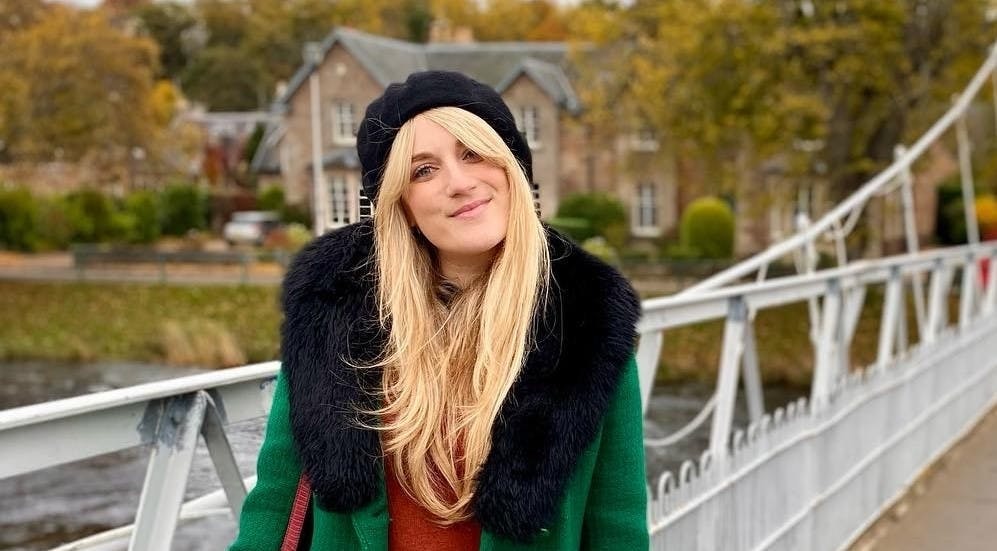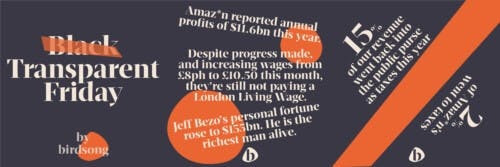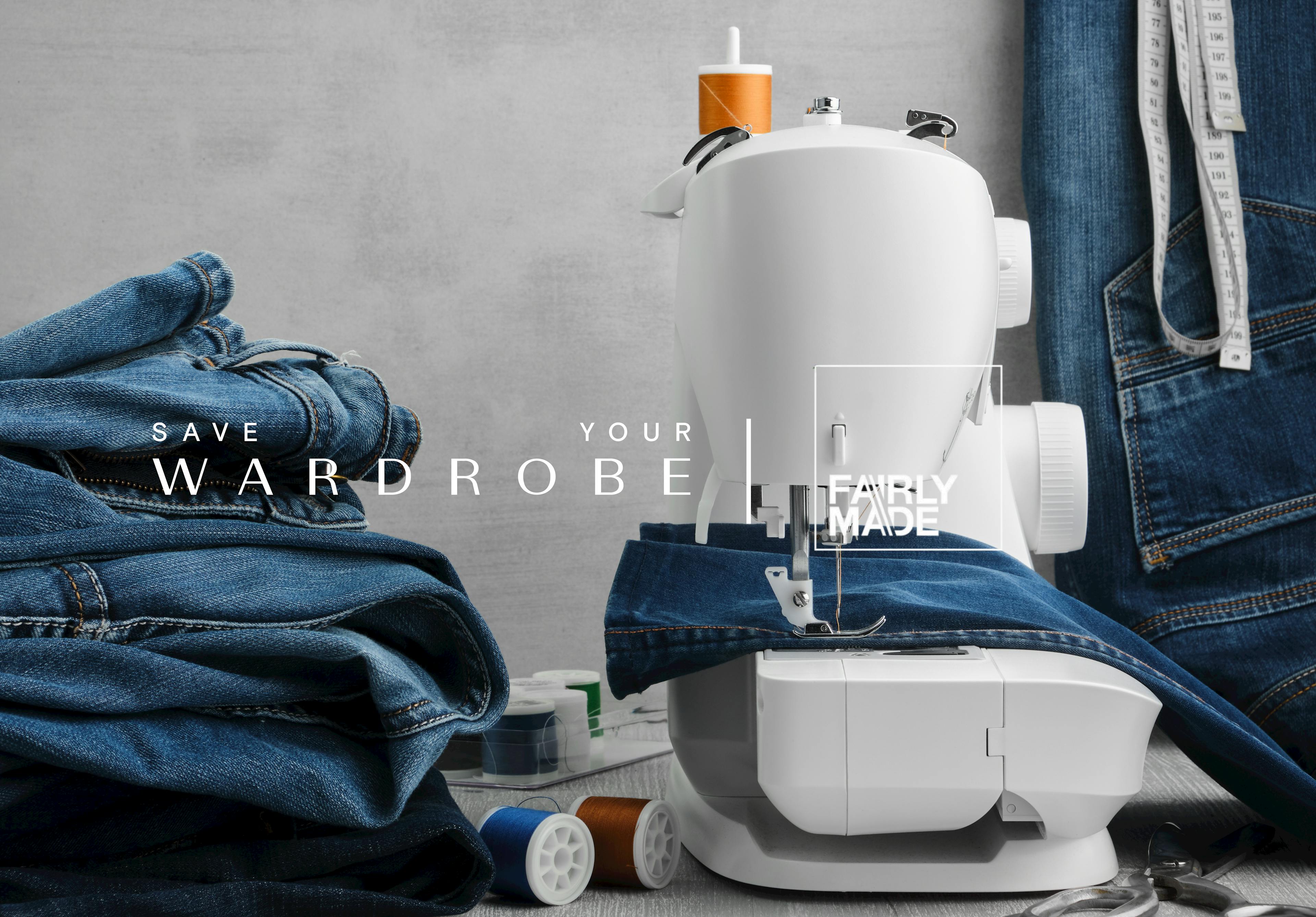
How to Break Up with Black Friday: Cyber Monday Edition
Read the second half of Lauren Bravo’s How to Break Up With Black Friday: Cyber Monday edition where we talk all things maximalism, sustainable consumption and the future of Black Friday.
Georgia Taylor-Stidwell: Do you think Black Friday will die out with sustainability remaining such a fashion buzzword?
Lauren Bravo: I’d love to think so, but I think it’ll take a long time. Even if the name ‘Black Friday’ gets tired and is swapped out for other stunts and promotions, the push towards overconsumption isn’t going anywhere anytime soon. We can talk about sustainability as a buzzword, but while it remains a novelty or a nice-to-have extra instead of the foundation on which all businesses are built, big corporations are always going to prioritise their bottom line – which means driving us to buy stuff we don’t need. Let’s not forget that massive brands like H&M and ASOS love to talk the talk about sustainability, but refuse to do the one thing that would really make a big difference to their impact, which is radically scale back the amount of new products they drop every week. While a ‘sustainable’ collection makes up a tiny fraction of your overall stock, you’re still part of the problem.
G: Everlane once shut down its website to protest against mass consumption in response to black friday. What role can brands play to combat the black Friday frenzy?
L: I’d love to see brands following Birdsong’s lead and making Black Friday ‘Transparent Friday’ instead. Rather than slashing prices, use the day to showcase their makers and publish their supply chains – or, even better, show us that they pay a living wage. I’d love to see more brands moving to a made-to-order model to minimise waste and encourage slow, considered shopping. Committing to wait for a few weeks (or even months) before your new purchase arrives is the opposite to the mindless Black Friday spree, so let’s celebrate that patience instead. And obviously, what I’d really love is to see all those fashion billionaires digging deep into their own pockets and sacrificing their profits to make fashion fairer and more sustainable, instead of kidding us that we can fix things by buying a new dress made from 10% recycled polyester. A girl can dream!

Birdsong’s transparent Friday information
G: How do you think transparency can play a role in stopping mindless consumption over the black Friday weekend?
L: I’d love it if people used Black Friday as an opportunity to push back and ask brands questions – like: who made my clothes? What were they paid? Where is this fabric from, and how were the fibres grown? Wouldn’t it be brilliant if every single marketing tweet and post was met with a wall of questions from customers, asking for transparency before they decide to spend? There seems to be an assumption that if we’re looking to save money, ethics go out of the window and we stop caring. We need to show brands that isn’t the case; that everyone, whatever their budget, has the right to know where their money is going and where their clothes came from. As Fashion Revolution says, people care when they know. And I think when you know the story behind your clothes, you’re so much more likely to feel emotionally connected to them, to wear them for longer and look after them better too.
G: I know you are a self-professed maximalist, how can maximalism be compatible with sustainable consumption?
L: It might sound counterintuitive, but I really don’t believe we have to be minimalists (at least not stylistically) to dress sustainably. Firstly, styling what you already have can be a maximalist’s dream and a great way to resist buying anything new. Layer things up, play with proportions, pair spangles and sequins with trainers and tracksuits, accessorise like a demon – and use an app like Save Your Wardrobe to gamify the whole process and challenge yourself to put together as many different outfit combinations as possible. Secondly, there are a lot of unworn clothes on the planet and I think broadly speaking, anything we can do to keep them out of landfill is a positive. Charity shops in the UK are swamped by donations, many of which will end up exported overseas, so they can be a great place to indulge a few outlandish fashion whims without feeling guilty about buying more new clothes. I’d never encourage anyone to buy more than they can actually wear, and certainly not if you’re going to discard clothes away after a few wears – long-term commitment is really important. But I do think that some people naturally grow bored and like to change up their looks more frequently than others. So if you’re not the kind of person who feels like themselves with a capsule wardrobe of expensive ‘classics’, then there’s no point forcing yourself to buy a £500 cashmere sweater that you’ll be bored of in a month. It’s better to rent, borrow or buy those bold, maximalist pieces secondhand. Not to mention there are so many more small, sustainable labels making gorgeous, flamboyant, colourful pieces these days. Ethical fashion no longer means hemp dungarees or nothing.
Enjoyed hearing sustainability tips and tricks? Make sure to follow @saveyourwardrobe and @laurenbravo on Instagram!





